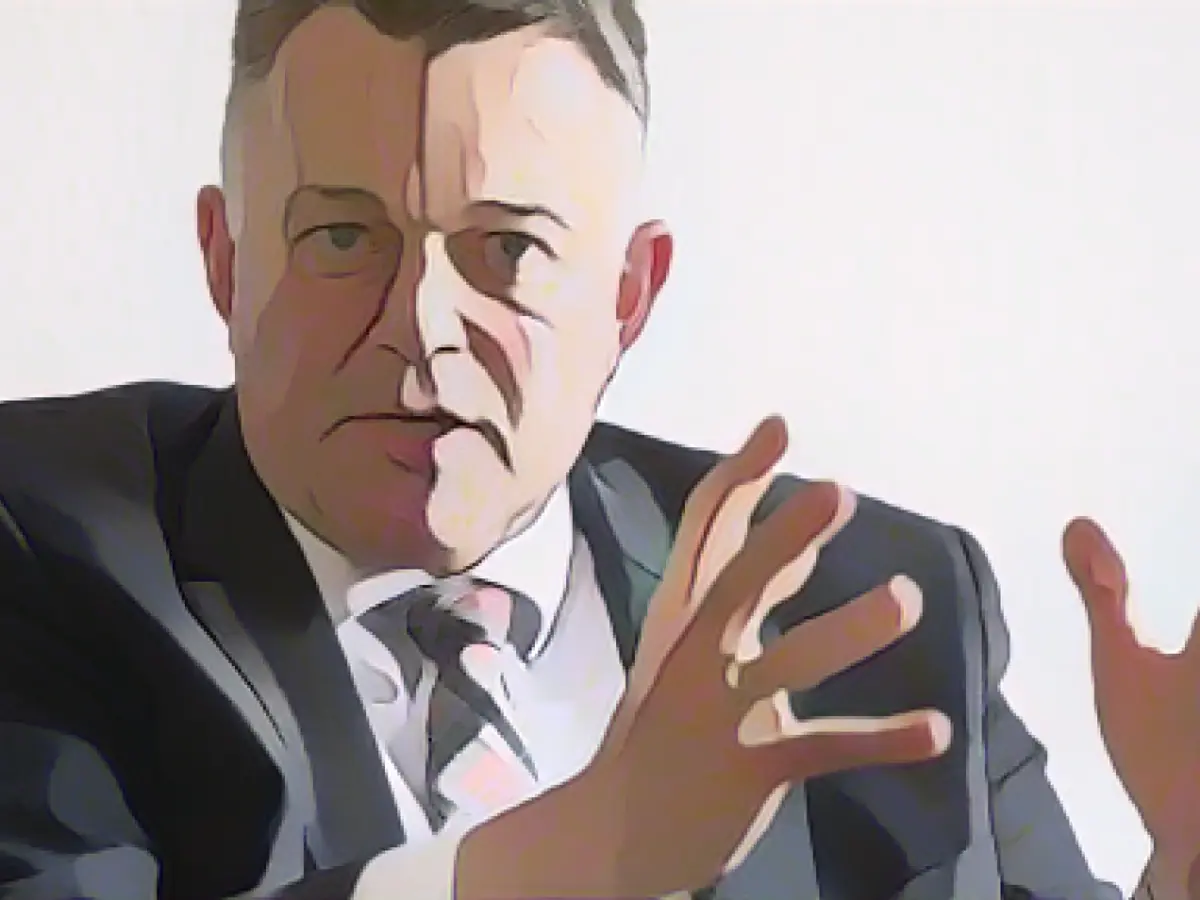In the financial landscape of Rhineland-Palatinate's municipalities, CDU parliamentary group leader Gordon Schnieder posits that it's time to rethink the state's debt brake. Speaking to the German Press Agency in Mainz, Schnieder suggested integrating municipal budgets and the state's debt brake in a unified approach. "If we consider the debt brake along with municipal and state budgets, we could avoid those contentious distribution battles," he said. "Instead, we'd be crystal clear: there should be enough for everyone."
Gordon Schnieder's suggestion aims to prevent the state from making surpluses in the future, ensuring that municipalities like Bosenbach in the Kusel district and Freisbach in the Palatinate never find themselves facing financial shortages. Many municipalities in Rhineland-Palatinate find themselves grappling with excessive financial burdens, leading some to even ponder resignation due to the pressure.
The Landtag of Rhineland-Palatinate has introduced a double budget for 2025 and 2026, allocating EUR 25.1bn and EUR 25.5bn respectively. The budget primarily focuses on education, research, climate action, digitalization, infrastructure, health, and internal security. The state has launched the PEK-RP program, assuming liquidity facilities from over 500 municipalities with a total volume of around EUR 3bn. The annual repayment of these loans amount to EUR 100m, and municipal allocations have significantly increased, totalling EUR 8.5bn in 2025 and EUR 8.6bn in 2026.
While the budget strives to ensure that municipalities can act based on their budgets, the federal state will contribute EUR 250m annually to reduce prior debt, thereby boosting municipalities' planning certainty. These financial strategies and budget allocations indirectly address the issue of managing financial struggles in municipalities, making them an essential considerations while discussing debt brake reform. However, additional sources would be required for delving into detailed information about the proposed debt brake reform initiated by Gordon Schnieder.








